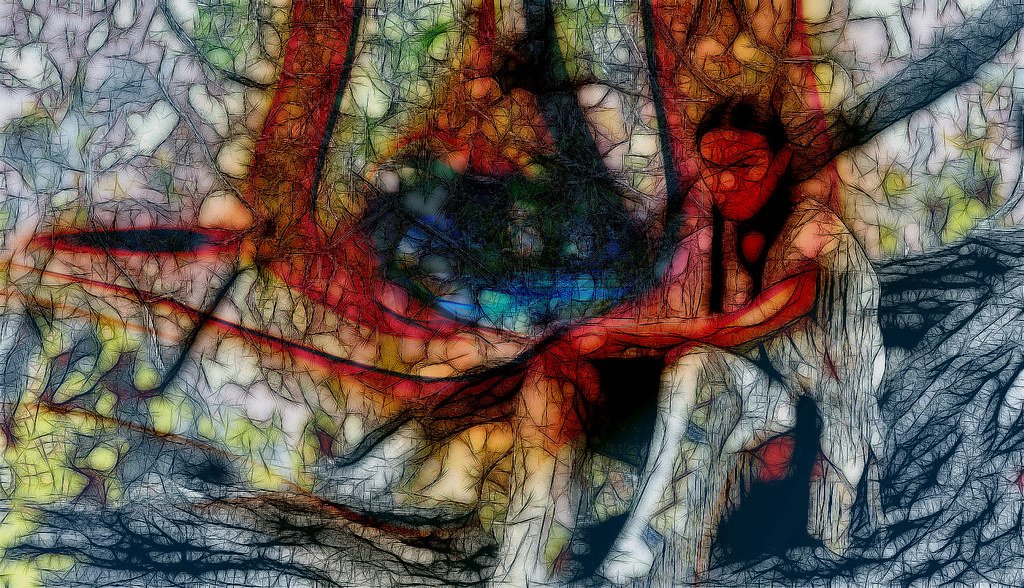Gritty Conversational: A Contemporary Native American Voice to Combat Erasure
So I was sitting in a classroom at the University of Oklahoma. This was about a decade ago. I was in my master's program and it was a special topics course on heteronormativity in American culture. We were discussing James Baldwin's work, and the professor said, "I love Baldwin's writing and I don't know how he does it." Then he looked at me. We locked eyes for a moment. I'm the only one in this MA program who has a BFA in Creative Writing. I immediately thought, I know how he does it. But before I had a chance to respond, he quickly stated, "And I don't want to know," as if he knew I was about to break the spell.

What we writers do can appear to have a magical quality. And after you've gone through a BFA or MFA program you learn all the craft techniques, like how to capture a plot, who to draw as a character, and, moreover, what voice to use to cast your spell.
This weekend I've thought a lot about my debut novel and varying elements within it, like structure, theme, character, and voice. I could talk for days on each of these, but often it's the latter that stumps most. Voice is elusive. While I thought about how the theme of my novel ties into the title, wanting to connect this for readers who might ask or for readers who might be interested in the larger thematics, but what I landed on was voice.
I thought about some of my favorite authors and how their writing styles are described. Words like conversational, gothic, magical, rural, and emotional kept popping up. Then I reflected on my own writing style or voice and came to each of the descriptors above. Often the writers we adore blend into the writer we become. And I landed most often on a single phrase: gritty conversational.

I'm a regionalist writer interested in capturing intertribal, multicultural, and transnational dynamics of my home communities--Tahlequah and Lawton, Oklahoma. As an engine for my writing, I'm most interested in realism. And the reason has to do with the romantical perspective people have about Natives. There seems to be this drive to reduce Natives to ahistorical tragic figures or overtly spiritual beings, like we're not contemporary people living and struggling inside a postmodern society.
Trying to convince people that we're human is a fulltime job in itself. Many of the depictions of Native peoples are of the above situations, and when both ahistorical tragedy and spirituality are mixed it becomes a much more harmful version of erasure. It's the modern version of the Pristine Myth, where people want to believe we Natives are no longer here, that Natives don't truly exist. We are either other worldly or in the past.
So I end up writing the grittiest version of who we are, because this captures Native people as being like everyone else. We work, care for our kids, do idiotic shit, love hard, fail even harder, and triumph in the last minute. But simply saying those words doesn't do enough. Readers need the emotional ride to truly understand, to truly grasp how we fit into the fabric of a global community.
This morning, I thought about my professor from back in the day, who wanted to be spellbound, and I couldn't help but think about how many readers want the Pristine Myth, they want Natives to be some sort of bizarre ahistorical tragedy comeback from the dead to save their souls. So weaving these stories with my "gritty conversational" style is a magic meant to wake readers from what they believe is a beautiful dream--but to us Natives it's the transformed but continued nightmare that began 530 years ago.